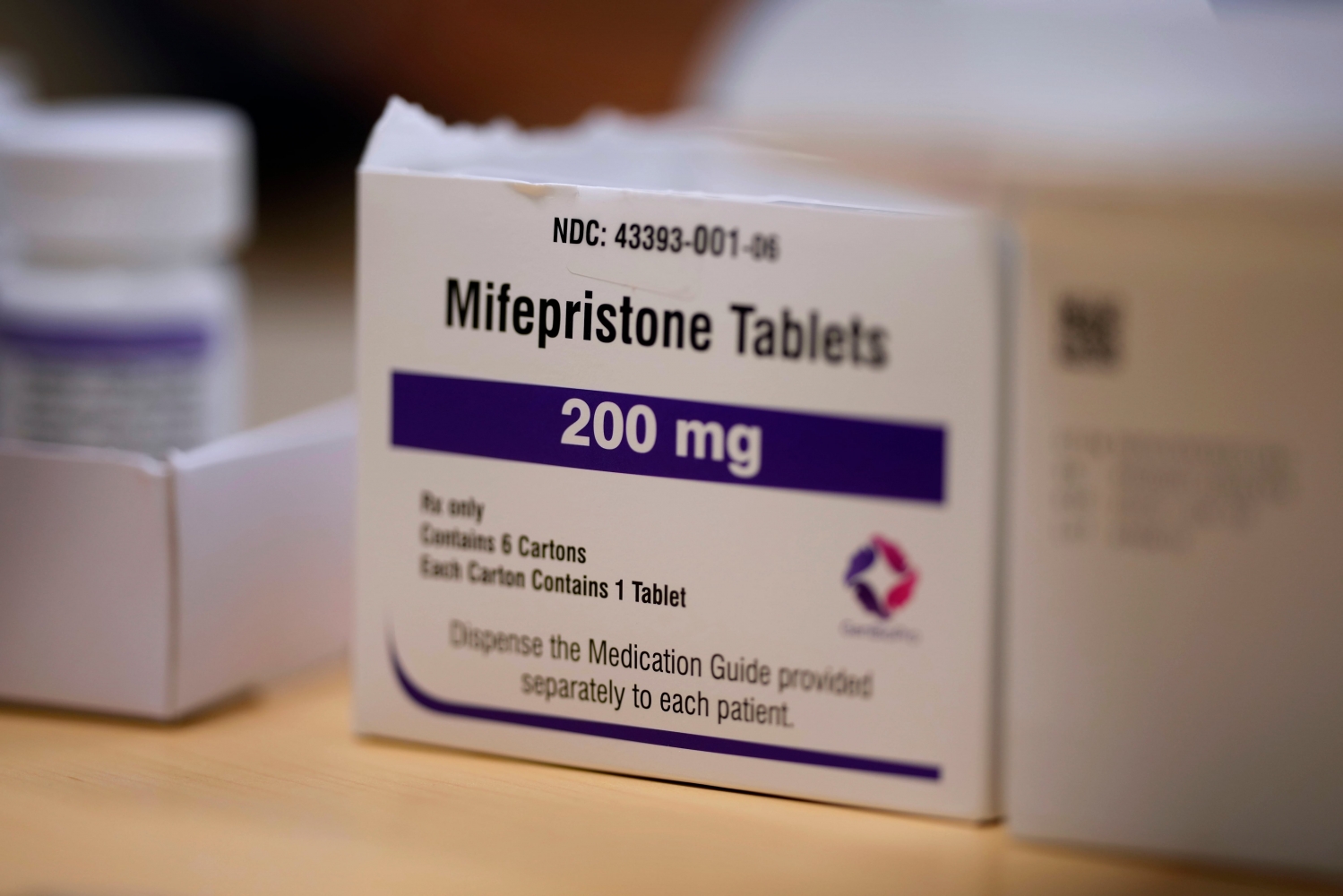

Published on: 09/09/2025
This news was posted by Oregon Today News
Description

Washington state is preparing to destroy much of its abortion pill stockpile as 30,000 doses are set to expire at the end of January.
But the first-in-the-nation stockpile would still have thousands more pills not set to expire for a few more years.
Then-Gov. Jay Inslee authorized the purchase of the first 30,000 doses of mifepristone in 2023 as a three-year insurance policy in case the drug was no longer available due to restrictions at the federal level. In Washington, that hasn’t been an issue — at least yet.
Following the U.S. Supreme Court’s 2022 decision overturning Roe v. Wade, mifepristone and misoprostol, the two abortion-inducing drugs, have become key for people to continue accessing the procedure, as some Republican-led states have banned abortion.
Some states have also looked to limit access to the drugs.
For Washington, the bigger threat is federal regulation.
Health and Human Services Secretary Robert F. Kennedy Jr. has repeatedly signaled a willingness to limit access to mifepristone. While testifying before Congress last week, he suggested rolling back access to abortion pills expanded under the Biden administration.
Wyden clashes with RFK Jr. on vaccines, calls for his ouster
In July, a federal judge in eastern Washington sided with the federal government, ruling that providers must be certified specifically to prescribe mifepristone. The Biden administration imposed that rule in the wake of safety concerns about the medication.
Washington and other states argued this would be a barrier to access, and noted research attesting to the drug’s safety. The July decision overturned the judge’s own previous ruling blocking the stricter federal requirements for prescribers.
The decision disappointed state Attorney General Nick Brown, but he has emphasized that it had “no immediate impact on access to mifepristone here in Washington.”
“My office stands ready to fight any unlawful attempts to curtail mifepristone’s availability here,” he added.
The stockpile’s future
Though the state could soon destroy 30,000 pills, a mifepristone stockpile will remain.
Inslee OK’d the purchase of another 17,600 doses shortly before leaving office in January, costing $757,000. Washington’s initial 30,000 doses of mifepristone, sitting in a state Department of Corrections facility since 2023, cost $1.275 million, said agency spokesperson Christopher Wright.
The cost for incinerating the pills is expected to be less than $1,000.
The state can only provide mifepristone to qualified clinics and prescribers, and has to sell it for at least the price for which it was purchased, said Brionna Aho, spokesperson for Gov. Bob Ferguson. But providers can still get pills for less from wholesalers.
“We continue to be open to options to utilize the stockpile before it expires, but at this point, there is not a demand for it,” Aho said.
Confused about how vaccines will work this year? Here’s some clarity
The extra 17,600 doses expire in late 2028 and early 2029, Aho noted. On that purchase, the supplier agreed to accept unused doses when they expire and exchange them for new pills at no cost to the state. So destroying those pills will likely be unnecessary.
A separate stockpile of misoprostol expiring in February and March 2026 may also need to be destroyed, Aho said.
University of Washington Medicine had its own 10,000-pill stockpile of mifepristone. All of it has been distributed to clinics in the state, said spokesperson Susan Gregg.
Fight over the drug isn’t finished
The U.S. Supreme Court last year rejected a challenge to mifepristone from abortion opponents due to a legal technicality, preserving access.
Idaho, Kansas and Missouri are now asking a federal judge in Texas to make it much harder to get prescribed mifepristone, which the Food and Drug Administration approved in 2000.
“That’s the real threat that we are watching,” said Courtney Normand, the Washington director of Planned Parenthood Alliance Advocates.
“If things go south in Texas,” Normand said, “then mifepristone access nationwide will be blocked.”
Meanwhile, the most significant recent blow to abortion access in Washington is an $8.5 million cut included in this year’s biennial state budget. Normand and other advocates are urging lawmakers to restore this funding for abortion services in next year’s legislative session.
Medication abortions are easy to access in Oregon, but how do they work?
In 2024, medication abortions accounted for about 68% of all abortions in Washington. Of more than 14,500 medication abortions that year in the state, providers reported complications in 135 cases, according to the state Department of Health. The most common complications were that the pill didn’t work. Fewer than 0.2% resulted in hospitalization.
More than 3,000 of those medication abortions were conducted via telemedicine, according to state data.
Last month, Brown and attorneys general in more than a dozen other states petitioned the U.S. Food and Drug Administration to remove restrictions on mifepristone access, including the prescriber certification requirement.
Washington State Standard is part of States Newsroom, a network of news bureaus supported by grants and a coalition of donors as a 501(c)(3) public charity.
This republished story is part of OPB’s broader effort to ensure that everyone in our region has access to quality journalism that informs, entertains and enriches their lives. To learn more, visit opb.org/partnerships.
News Source : https://www.opb.org/article/2025/09/09/abortion-pills-washington-expired/
Other Related News
09/09/2025
September Meat Bonanza September 11 12 13 2025Dont Miss Out this Thursday Friday and Satu...
09/09/2025
Multnomah County leaders argue that the newly released surveillance video complicates the ...
09/09/2025
A judge found Oscar Lee Burrell Jr guilty of three of 11 charges including reckless drivin...
09/09/2025
Oregon faces a choice embrace growth or risk stagnation Expert John Tapogna highlights cha...
09/09/2025











